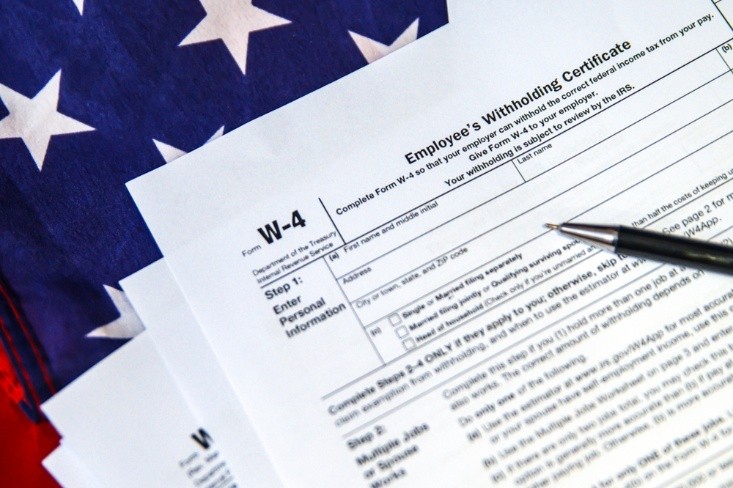-
U.S. Office Address: 2319 S.W. 29 Ave., Miami, Fl. 33145
U.S.Mailing Address: 2520, Coral Way, Suite 2014, Miami, FL 33145
U.S. Number: 754-368-2330

Buying property from a foreign seller? You may have heard of FIRPTA—the Foreign Investment in Real Property Tax Act. This federal tax law requires U.S. buyers to withhold up to 15% of the sales price when purchasing real estate from a non-resident foreign person.
That sounds like a big financial commitment. But what if there were legal ways to avoid that withholding altogether?
That’s where the Buyer’s Affidavit for FIRPTA Withholding Exemption comes in.
Let’s explore how this affidavit works, when it applies, and how Firpta Tax Returns can help you protect your investment while staying fully compliant with the IRS.
FIRPTA stands for the Foreign Investment in Real Property Tax Act of 1980. It requires U.S. buyers to withhold a portion (usually 15%) of the purchase price when acquiring real estate from foreign sellers.
Why? Because it ensures the IRS gets its cut of the capital gains before the foreign seller disappears overseas. But what if the property is being bought for use as a personal residence, or the purchase price falls below a certain amount?
That’s where the withholding exemption becomes possible.
FIRPTA places the withholding responsibility on the buyer, not the seller. If you don’t withhold when you should—or don’t file the right forms—you could be personally liable to the IRS for the withheld amount.
So, while FIRPTA protects the IRS, the process exposes buyers to real financial risk. That’s why using tools like a Buyer’s Affidavit is critical for exemption.
A Buyer’s Affidavit for FIRPTA Withholding Exemption is a signed document in which the buyer certifies that the transaction meets certain IRS criteria for exemption from withholding.
This affidavit is usually used when:
If these conditions are met, the buyer may legally avoid the 15% FIRPTA withholding by submitting the affidavit at closing.
Here are the most common scenarios where this affidavit applies:
| Scenario | FIRPTA Withholding Required? |
| Purchase price ≤ $300,000, buyer occupies home | ❌ No (with affidavit) |
| Purchase price between $300K and $1M, occupied | ✅ Yes, but possibly reduced |
| Investment property (no occupancy) | ✅ Yes |
Note: The exemption does not apply to rental or vacation homes that are not used as a primary residence.
While it may seem simple, filling out the affidavit incorrectly—or failing to keep proper documentation—can lead to penalties and IRS audits.
To file correctly, you need to:
This isn’t something you want to risk guessing on.
FIRPTA rules are strict, and the IRS does not accept ignorance as an excuse. Even real estate agents and closing attorneys may not fully understand the nuances. Errors in the affidavit, wrong timing, or missing a step in the filing process can lead to the buyer being on the hook for tens of thousands of dollars.
That’s why it pays—literally—to work with professionals like us.
At Firpta Tax Returns, we specialize in helping both buyers and sellers navigate FIRPTA requirements. Whether you qualify for full exemption through a Buyer’s Affidavit or need to apply for a FIRPTA Withholding Certificate Service, our experts ensure every form is filed right, on time, and in compliance with IRS regulations.
We don’t just fill out paperwork—we protect your money and your peace of mind.
If you’re purchasing U.S. real estate from a foreign seller, understanding FIRPTA is a must. The Buyer’s Affidavit for Withholding Exemption is a powerful tool—but only when used correctly. The cost of a misstep can be steep, so don’t take chances.
Instead, let the professionals handle it for you.
Contact Firpta Tax Returns today to file your buyer’s affidavit or get expert assistance through our firpta withholding certificate service and stay fully compliant without losing thousands at the closing table.